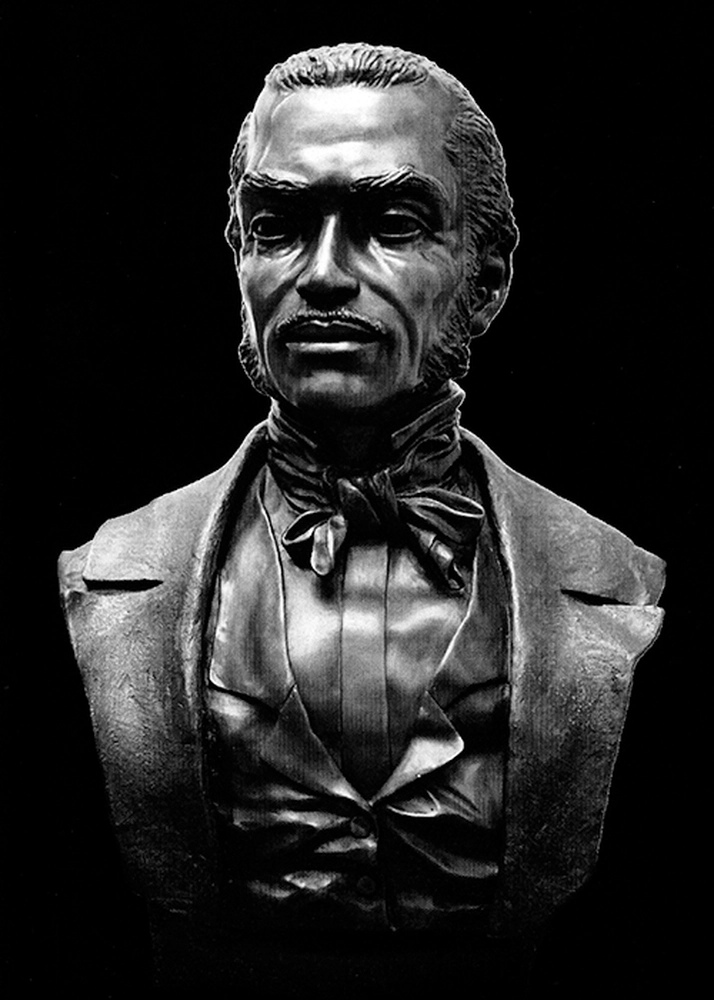
"New Philadelphia was the first known town planned and legally registered by an African American before the Civil War. Frank McWorter, a formerly enslaved man from Kentucky, founded the town in 1836 and bought his freedom and the freedom of 15 family members. The rural community situated near the Mississippi and Illinois Rivers flourished at first, but later declined when the railroad bypassed the community in 1869. The community dissolved in 1885. By the 1940s, nothing of the town remained above ground. New Philadelphia disappeared as plows turned over the soil and buried any material remains left behind. Today, historical documents, oral histories from town descendants and community members, and artifacts keep the town's story alive." (New Philadelphia National Historic Site, National Park Service)
Several University of Illinois Urbana-Champaign professors, including Unit Affiliate Christopher Fennell, sought national park status for the site. "Fennell worked with a collaborative group of researchers to oversee an extensive survey and excavation of the site and to lead the effort to have New Philadelphia named to the National Register of Historic Places in 2005 and designated a National Historic Landmark in 2009. The archaeological excavations took place between 2002-2011, and those working on the site followed the rigorous National Park Service protocols for such work, including surveying the site, leaving large portions of infrastructure such as building foundations intact and using a specific database format for recording artifacts and evidence uncovered during excavations, Fennell said." (Site of integrated Illinois town founded by former slave is newest national park, Illinois News Bureau)